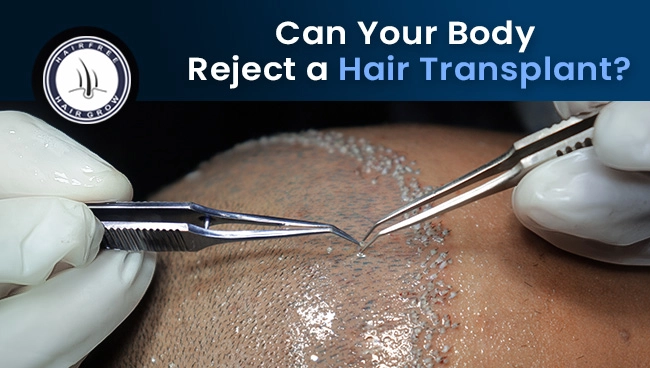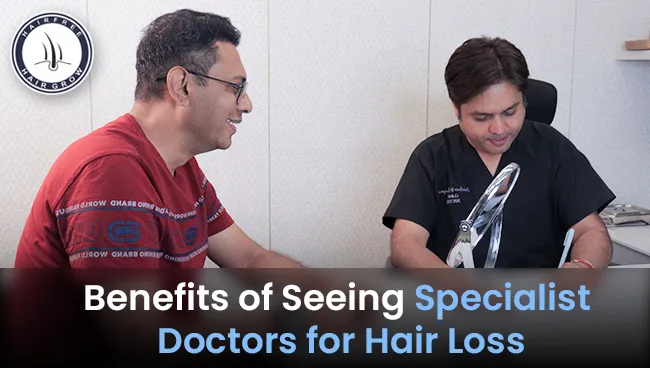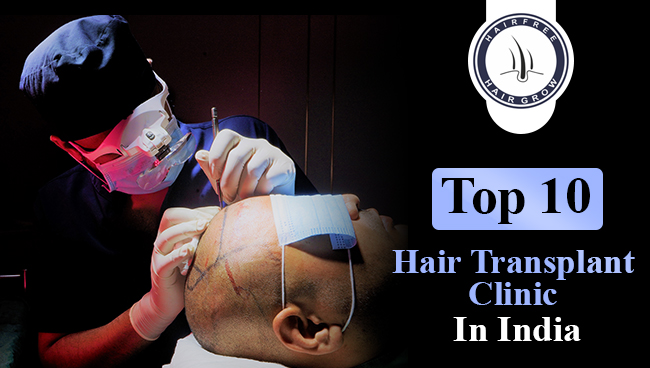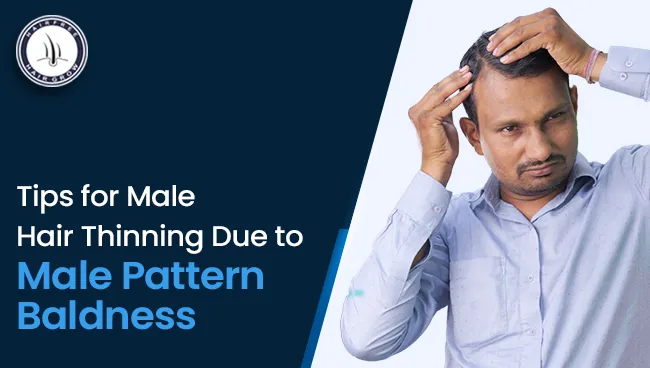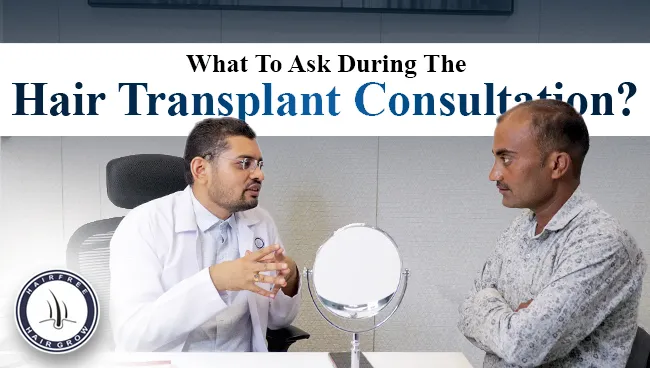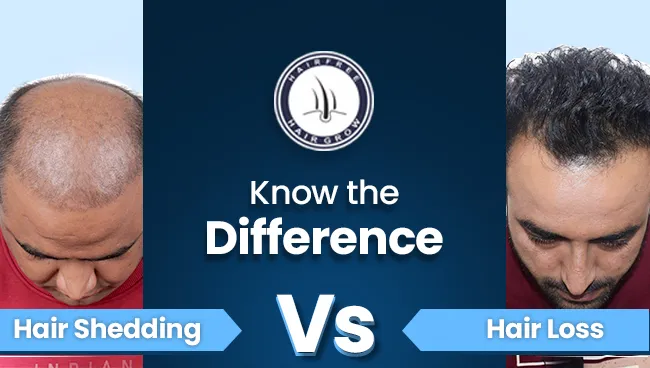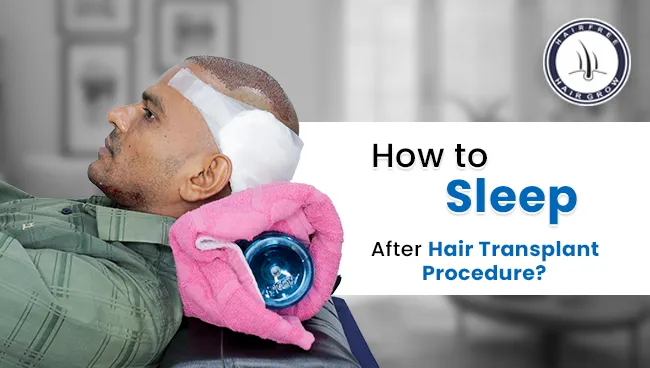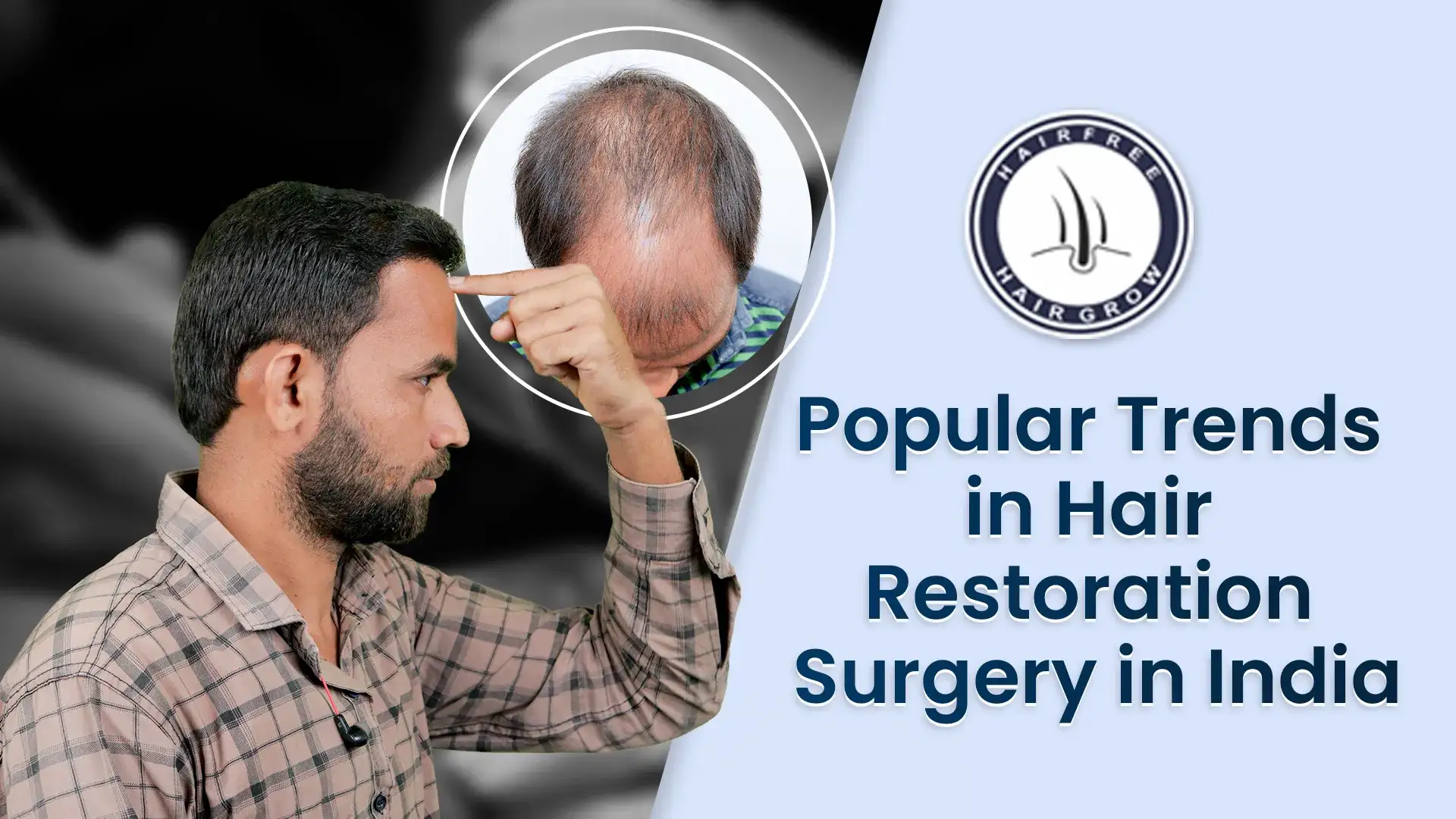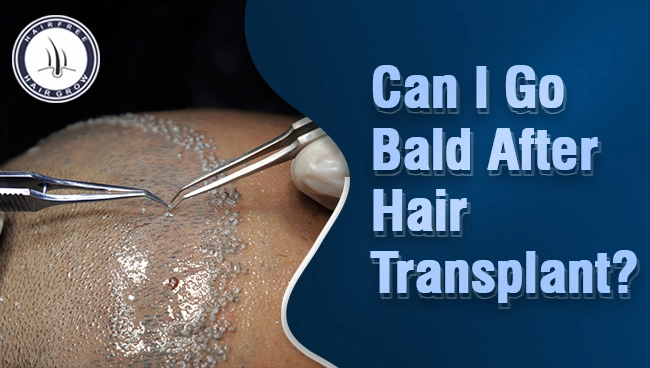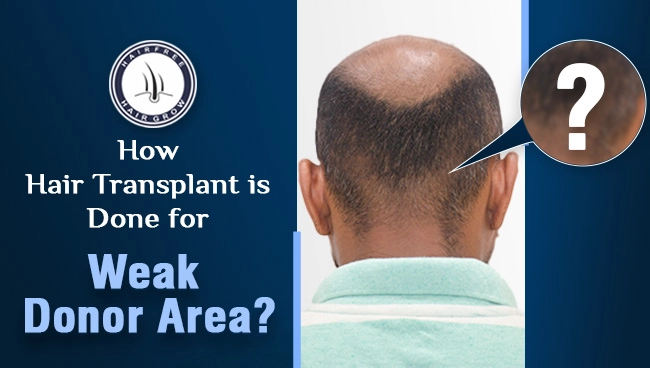Can your body reject a hair transplant? How can one deal with rejected hair transplant? These questions might have crossed the mind of anyone considering the procedure. A hair transplant is a surgical technique that involves moving hair follicles from a part of the body to a bald or balding area. But just like any other surgical procedure, there are risks involved, and rejection is one of them. So, what’s the answer?
The short answer is yes, and your body can reject a hair transplant. However, it is relatively rare. Rejection can happen due to various reasons, such as a weak immune system, inadequate blood supply to the transplanted hair follicles, or improper surgical techniques. In this article, we will delve deeper into the reasons behind the rejection and how to avoid it.
Hair transplant surgery can be life-changing for many people struggling with hair loss. However, it is essential to understand the risks involved and how to minimize them. In this article, we will be discussing the science behind hair transplant rejection and how to ensure a successful procedure.
Hair Transplant Team's Incompetence
One of the primary causes of hair transplant failure is an incompetent hair transplant team. Hair transplant surgeries should be performed by qualified dermatology specialists or aesthetic surgeons and their teams. These professionals undergo training that allows them to gather professional experience and expertise in skin and hair.
Additionally, additional training in hair transplantation techniques is necessary to perform the procedure successfully. Unfortunately, some clinics use inexperienced physicians or technicians without a thorough understanding of scalp anatomy. Such an approach can lead to mistakes and lower the treatment’s effectiveness.
Experienced dermatologists can tailor the treatment for each person specifically. By personalizing the procedure and following the patient’s overall health and cosmetic needs, they avoid unnecessary risks and minimize the chance of hair transplant failure.
Outdated Method or Technology
One of the most significant factors affecting hair transplant success is the method or technology used in the procedure. Outdated methods or technologies can lead to poor graft survival, unnatural-looking results, and complications.
At Hairfree Hairgrow clinic, we use advanced techniques to ensure the best results for our patients. Here are some of the popular techniques we use:
Today, two popular techniques are used for hair transplant surgery – Follicular Unit Extraction (FUE) and Follicular Unit Transplantation (FUT). While FUE has gained popularity in recent years, some still believe that FUT is a viable option for hair transplant surgery.
Inadequate Post-Procedure Care
It’s important for patients to follow proper post-operative care guidelines after undergoing a hair transplant procedure in order to maintain the health and longevity of their new hair. Certain habits like smoking and alcohol consumption can be especially detrimental to the healing process.
Additionally, too much exposure to sunlight, an unhealthy diet, and intense physical activity in the days following the procedure can also put the new hair at risk. Adequate hydration is crucial during this time, and patients should make sure to follow all post-operative care instructions provided by their doctor.
If scabbing is present around the new hair, patients should avoid scratching or attempting to wash it off, as this can potentially damage the grafts. By following these guidelines, patients can help ensure the success of their hair transplant procedure and enjoy the benefits of their new hair for years to come.
Patient Unsuitable for Hair Transplantation
Not all individuals are suitable candidates for hair transplant surgery. It is important for doctors to review a patient’s medical history and conduct necessary tests to properly evaluate their overall health, genetics, and other relevant factors.
Additionally, the doctor must accurately diagnose the cause and extent of hair loss and identify any potential indications that may result in unsuccessful hair transplant surgery. This thorough evaluation is crucial in determining whether a person is a suitable candidate for hair transplant surgery.
Tips to Avoid Body Rejection After Hair Transplant
To minimize the risk of body rejection after a hair transplant, you should follow these practical tips:
Choose an Experienced Surgeon
The first step to avoiding body rejection after a hair transplant is to choose an experienced and qualified surgeon. An experienced surgeon will use appropriate surgical techniques, reducing the risk of damage to hair follicles during the surgery.
Ensure Compatibility of Blood Types
Before undergoing a hair transplant procedure, it is essential to ensure that the blood types of the donor and recipient match. This step will reduce the risk of body rejection due to incompatible blood types.
Follow Proper Aftercare
Proper aftercare is crucial to prevent infections and promote healing after a hair transplant. Your surgeon will provide you with specific instructions on how to take care of your scalp and hair after the procedure. It is crucial to follow these instructions carefully to minimize the risk of infections and body rejection.
Avoid Smoking and Alcohol
Smoking and alcohol can reduce blood flow and weaken the immune system, making it more susceptible to infections and body rejection after a hair transplant. It is advisable to avoid smoking and alcohol for several weeks before and after the hair transplant procedure.
Manage Stress
Stress can also weaken the immune system and increase the risk of infections and body rejection after a hair transplant. It is essential to manage stress through relaxation techniques, exercise, and other stress-reducing activities.
Take Prescribed Medications
Your surgeon may prescribe medications to prevent infections and minimize the risk of body rejection after the hair transplant procedure. It is essential to take these medications as prescribed to ensure a successful hair transplant.
Conclusion
In conclusion, a hair transplant can be an effective solution for those experiencing hair loss. However, it is important to note that there is a small risk of the body rejecting the transplant. This can occur if the body sees the transplanted hair as a foreign object and attacks it.
Choosing a qualified and experienced surgeon to perform the procedure is important to minimize the risk of rejection. Following post-operative instructions and taking care of the scalp and hair as advised can also help to prevent rejection.
So, can your body reject a hair transplant? Yes, it is possible. However, with the right precautions and care, the risk of rejection can be minimized.
Written By
MBBS, DNB
Dr Preeti Kantwala is highest rated hairline reconstruction and plantation surgeon in India with more than 8 years of experience. Her unique hair transplant techniques ensures your body doesn’t reject hair transplant.
Disclaimer
We’ve made all possible efforts to ensure that the information provided here is accurate, up-to-date and complete, however, it should not be treated as a substitute for professional medical advice, diagnosis or treatment. See Detailed Disclaimers Here.

